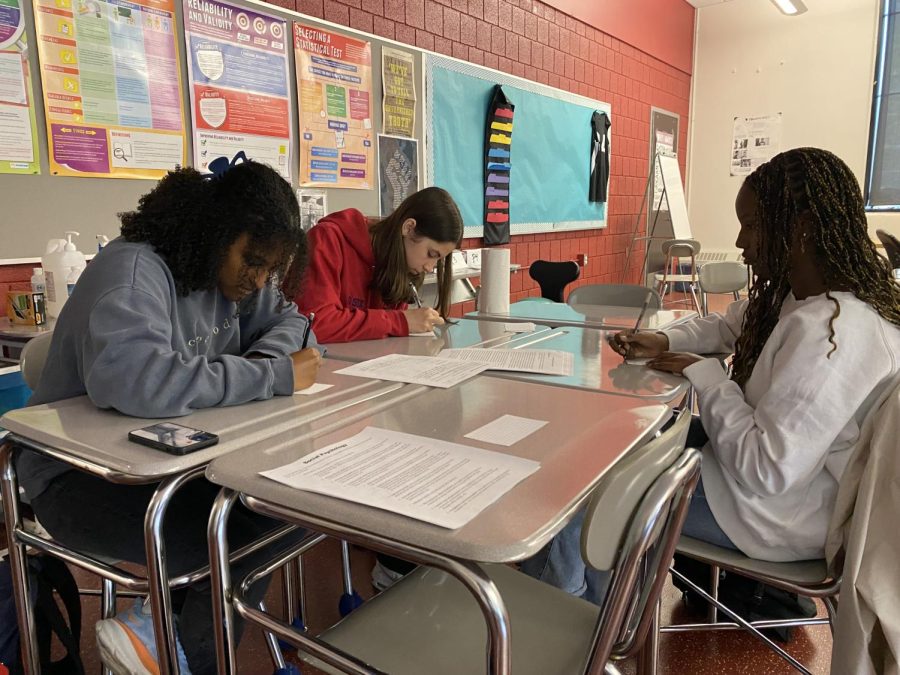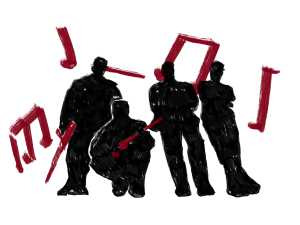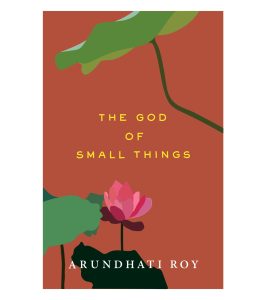Scientifically-Backed Study Tips for Your Next Exam
These tips will enhance your studying experience and undoubtedly raise your grades!
June 30, 2023
The second half of the second semester brings a sudden uptick in studying for finals and AP exams, a phenomenon I’ve deemed the Spring Sprint. There are so many ways one can go around studying, which is why the Register Forum has compiled a few of CRLS’s favorites—that also happen to be backed by science—to hopefully help you find your studying routine.
The first one is not a novel concept. Anaïs Pité ’24 tells the Register Forum that in addition to listening to songs, her best study tip is to, “Give yourself breaks.” Research from the National Institute of Health backs Pité up, showing that taking purposeful breaks not only helps you learn new skills, but also increases your attentiveness, focus, and productivity. These breaks are meant to allow your mind to relax, meaning no social media; though walking, laughing, stretching, and listening to music are all fair game. So long as you are cognitively resting, breaks are critical for recharging and have a net increase in retention.
Similar to breaks, Maimouna Yansane ’23 expressed to the Register Forum that her top studying strategy is “Repeating things over and over and over again, so that it becomes routine in [her] head.” Repetition has been shown to be highly effective by neurologists. New York University scientists say that repetition is “a trigger for memory formation”. The brain retains more material when it’s given it in shorter, smaller, repeated sessions over a longer period of time. So, no matter how appealing that cram session sounds, studies show that it’s more effective to have six half hour study sessions instead of one three hour sit down. There are so many ways one can go about studying.
Your studying routine is imperative, but how should you actually study? Cecilia Prasanna ’26 tells the Register Forum that she likes to, “Romanticize and take pretty notes so [she’ll] be more likely to study!” Prasanna touches on the importance of taking notes in a strategic manner, and one can take this even further with active recall. According to the Osmosis Organization, active recall is a method of studying that’s based on retrieving information from your brain as opposed to reminding it. So instead of rereading your notes, you should instead rewrite them in your own words, then quiz yourself. Retrieving information as opposed to recognizing it causes more neurons to fire, thus developing further neural pathways that help with retention. Practicing active recall has shown improvements such as a 50% increase in retention rates that’ll help you ace whatever you may be studying for.
It’s critical to understand that studying is not a one size fits all, and techniques that work for you will take time to find and develop—unless you’re Will DeSimone ’24, who, when asked for his best study tip, responded, “I don’t study.” While no papers have been published yet to prove DeSimone’s theory, we’ll take his word for it. These are a few proven methods if reading notes has grown tiresome. These techniques are beneficial, but certainly not absolute. What works for you is still for you to discover, but hopefully, this helped! We wish the best of luck to you and your academic weaponry.
This article also appears in our April 2023 print edition.











